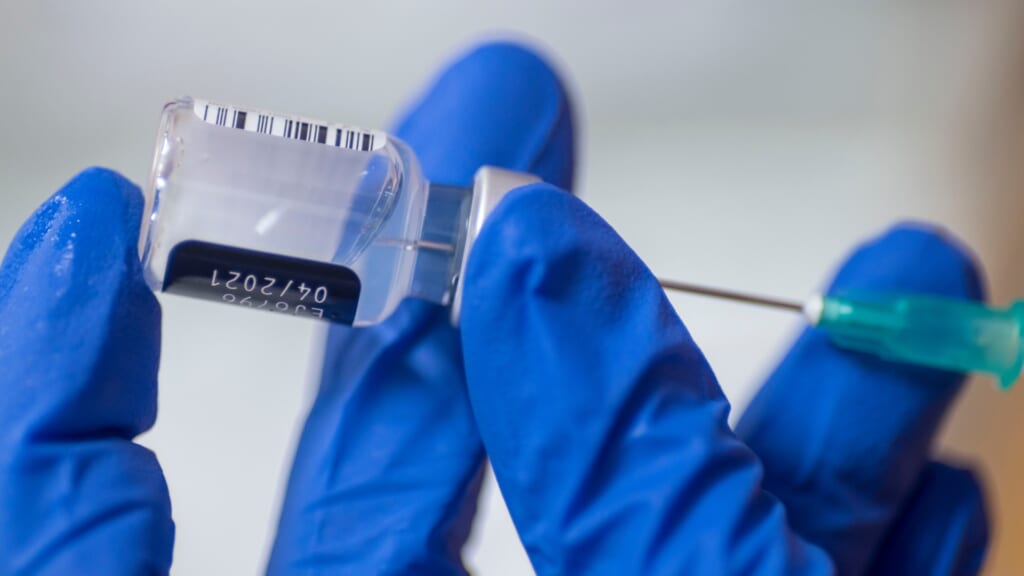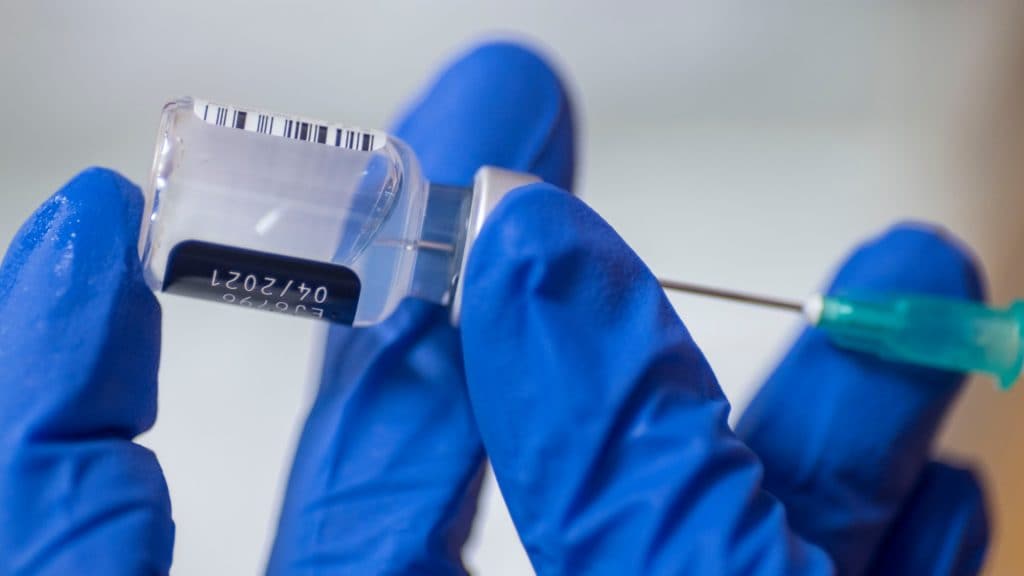Fear grows that vaccine misinformation will be worse than election disinformation
Forty percent of Americans have said they ‘definitely’ or ‘probably’ will not get a vaccine for coronavirus.
Before the United States can reach “herd immunity,” it will take two-thirds of the population to be inoculated with a coronavirus vaccine. That means nearly 250 million people.
So far, just over 2 million American people have received their first dose of a vaccine.

There is a long, long way to go in the fight to beat COVID-19 and the effort to vaccinate Americans against it. Yet, actual misinformation about the vaccines themselves is of growing concern to many experts as false rumors continue to spread.
According to a new report from Politico, “social media companies are trying to keep up, but in many ways, they’re already behind, given the monumental task of combating misinformation about a massive, first-of-its-kind public health campaign.”
Read More: Trump signs $900 billion relief bill, averts shutdown
The Pfizer-BioNTech and Moderna vaccines have been fast-tracked through Operation Warp Speed, however, the speed of their development is adding to the spread of misinformation.
“Distrust of vaccines has increased with loud voices using the platforms to spread fear,” House Intelligence Chair Adam Schiff told the site. He noted that he is encouraging the incoming Joe Biden administration to identify an expert to fight the online rumors.
Read More: Four Black women physicians write op-ed in remembrance of Dr. Susan Moore
Forty percent of Americans have said they “definitely” or “probably” will not get the vaccine, according to new research from Pew Research Center.
Anti-vaccination belief is not new to Americans or social media, however, in a crisis that has killed more than 315,000 people, it is urgent.
One expert has noted that QAnon is a strong source of misinformation.
Read More: New York health provider investigated for illegal use of COVID vaccine
“QAnon at its core is an anti-government conspiracy — and we are existing in a time where communication with governments is extremely important, particularly for public health — so you have QAnon turning its attention to vaccinations,” said Melanie Smith, head of analysis at the social media analytics firm Graphika.
“Trust in public health institutions is historically low in a lot of countries,” Smith said, “particularly Western democracies who are leading the vaccine rollout.”
Read More: Omarosa says Trump is having a ‘psychotic episode’ over election loss
Social media companies are working to combat inaccuracy. Both Facebook and Twitter will be adding labels to potentially misleading posts, and YouTube began banning videos earlier this year after expanding its misinformation rules.
Schiff is calling on social media companies to be aggressive in fighting online lies.
“Absent a fundamental overhaul,” he says, “enforcement will always be stuck playing catch-up in a system designed to promote the most engaging content and not the most truthful.”
Have you subscribed to theGrio’s “Dear Culture” podcast? Download our newest episodes now!
TheGrio is now on Apple TV, Amazon Fire and Roku. Download theGrio.com today!
The post Fear grows that vaccine misinformation will be worse than election disinformation appeared first on TheGrio.

